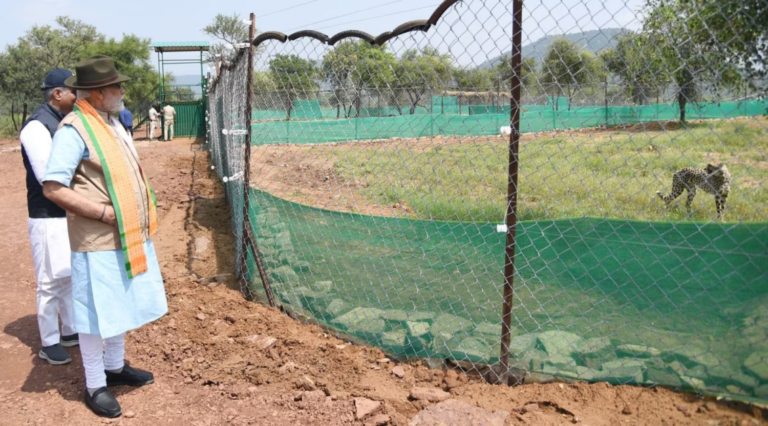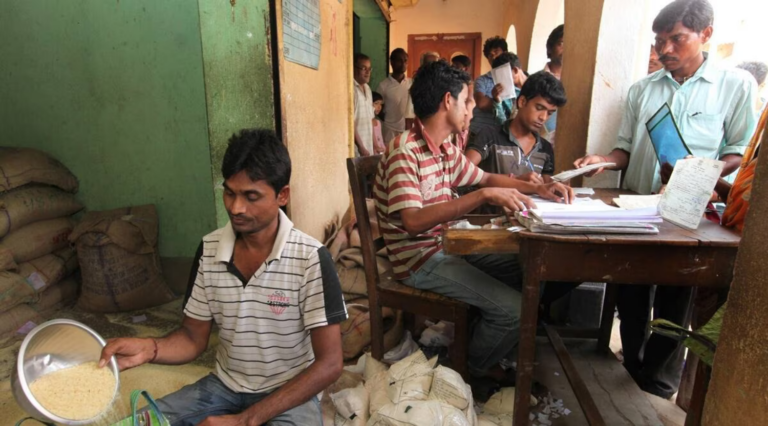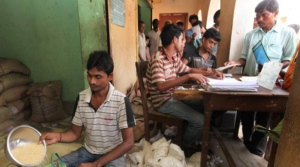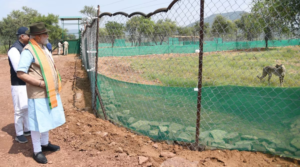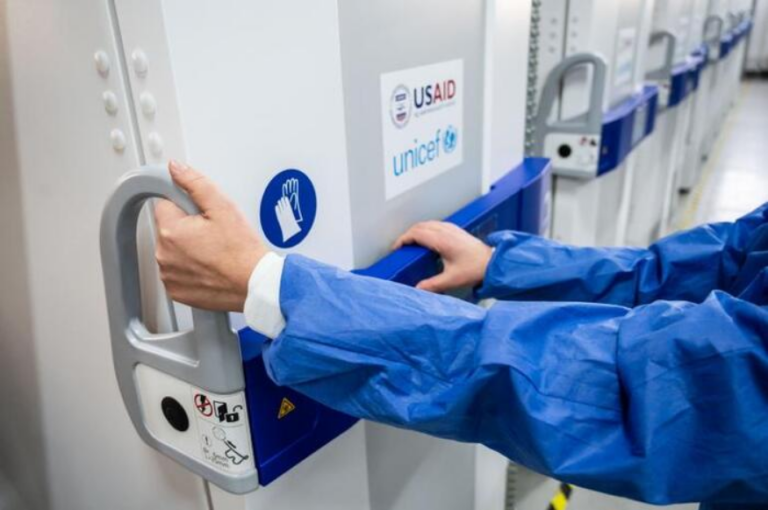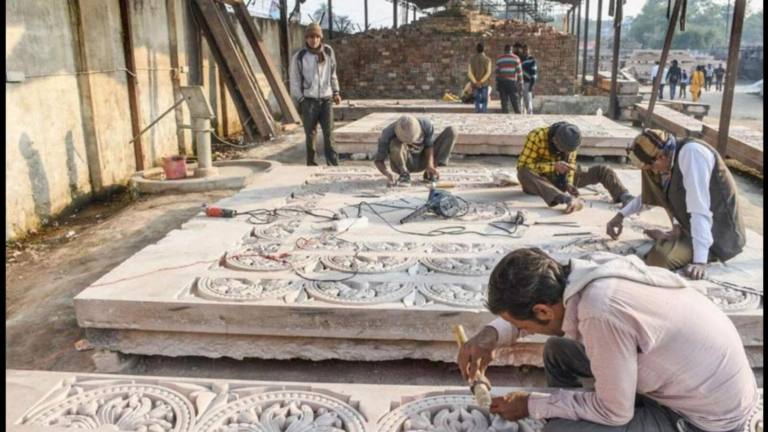Phoolwati Devi, a 30-year-old Accredited Social Health Activist (ASHA) hailing from Vardara village in northern Rajasthan, India, recounts with regret how an entire batch of COVID vaccine vials had to be discarded due to spoilage. The village, home to nearly 7,000 people, is challenging to reach, situated approximately 340 kilometers (211 miles) from the state capital, Jaipur.
During the peak of the second wave of COVID last year, Devi faced the dilemma of disposing of the vaccines due to high temperatures and the absence of electricity at the local primary health center. This presented a critical situation as the villagers needed the vaccines urgently, and the lack of refrigeration facilities exacerbated the challenge.

The issue extended beyond COVID vaccines, as Lata Bhai, a 27-year-old mother of two, was unable to receive a Tdap vaccine during the third trimester of her pregnancy, despite multiple visits to the health center. The lack of suitable storage facilities and frequent power outages in the area made administering the vaccine impossible, causing distress for the expectant mother.
However, a recent collaboration between the United Nations Children’s Fund (UNICEF) and the Japanese government has brought relief to the community. Solar-powered refrigeration units have been installed to store vaccines, addressing the challenges posed by unreliable electricity and high temperatures. The project, costing around $9.3 million (€9.3 million), has established 27 such units so far.

These solar-powered units, known as Solar Direct Drive (SDD) refrigeration systems, operate efficiently in rural areas with abundant sunlight. They eliminate the need for a battery to store energy, simplifying installation and maintenance. Anil Agarwal, a health specialist with UNICEF, highlighted the significance of these units in maintaining the quality of vaccines and building trust in government services.

The initiative aims to reduce vaccine wastage in India, where the universal immunization program is one of the largest in the world, targeting around 26 million infants and 29 million pregnant women annually. Despite being a major global vaccine producer, India has struggled with high wastage rates, particularly due to inadequate refrigeration facilities in healthcare centers.
The challenging climate in Rajasthan, characterized by blistering heat waves and frequent power outages, exacerbates the need for reliable vaccine storage solutions. The solar-powered refrigeration systems have proven effective in mitigating spoilage and wastage, prompting plans by UNICEF to expand the program to public healthcare centers in other regions of the country.


